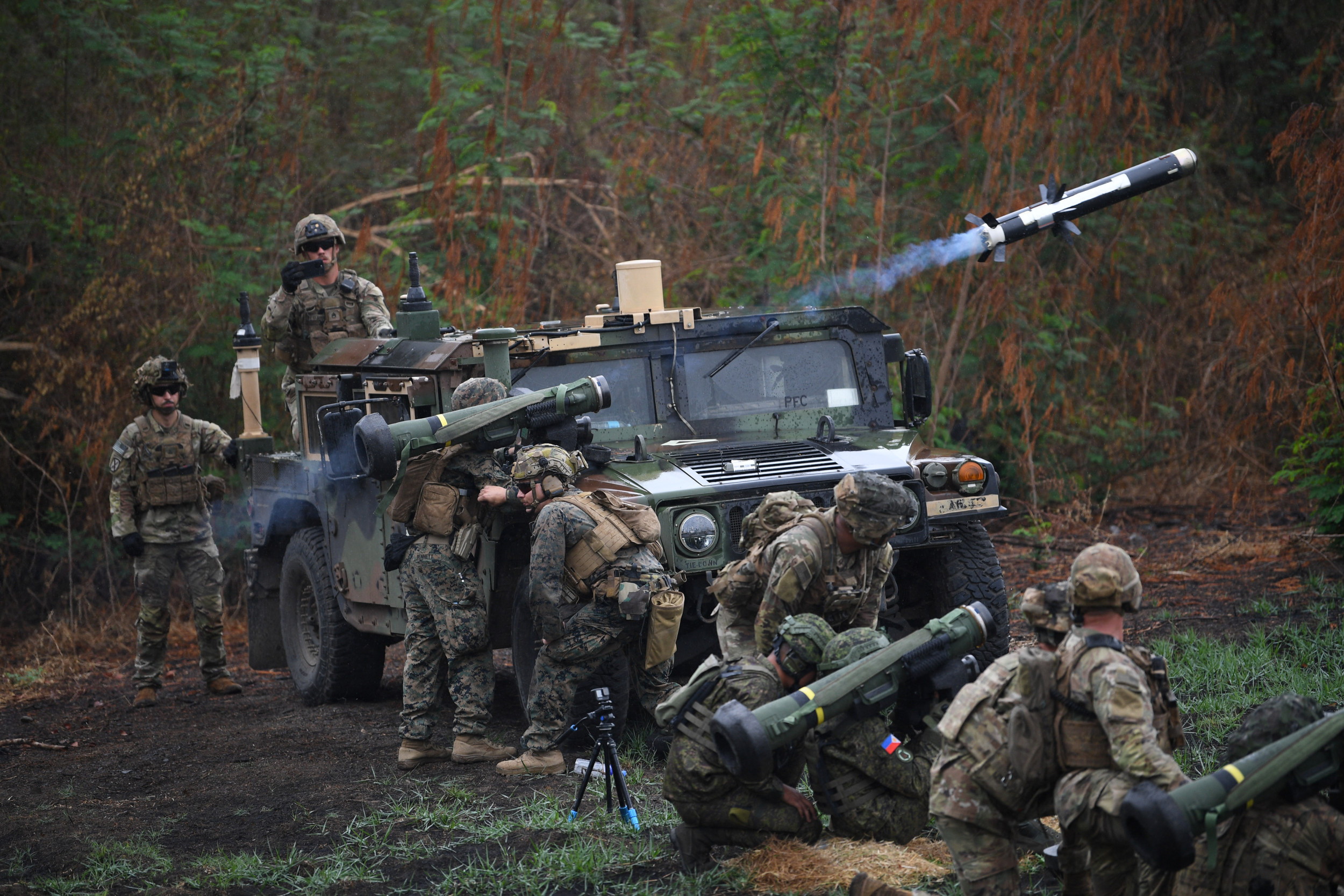
What does Viktor Bout know that the Kremlin doesn't want the U.S. to find out? Ever since the 43-year-old former Russian Army officer was arrested in Bangkok in 2008 on charges of supplying the FARC rebels in Colombia with surface-to-air missiles, Moscow has fought long and hard to prevent him from being extradited to the United States to stand trial. Foreign Minister Sergei Lavrov recently promised to "continue to do everything necessary to push for [Bout's] return to his homeland," and he added that the case against him was "unlawful and political." Russia has also offered the Thai government cheap oil and fighter jets to resist U.S. extradition demands. And top Russian officials have been penning op-eds in defense of Bout, suggesting that U.S. efforts to try him will adversely affect the new Russian-American "reset" of relations.
Why the love-in between Bout and the Kremlin? One reason appears to be that he knows a lot about Russia's covert arms supplies—both official and unofficial—going back decades. In the 1980s, the Portuguese-speaking Bout served in Mozambique under career KGB officer Igor Sechin—who is now deputy prime minister and probably the most powerful man in government after Vladimir Putin himself. When the Soviet Union broke up, Bout quickly moved into the vacuum, supplying Russian weaponry across Africa using old Soviet transport planes. Bout's 20-year career of supplying weapons to the Taliban in Afghanistan, Hizbullah in Lebanon, Islamists in Somalia, and a plethora of African rebel groups "would not have been possible without state protection," says Douglas Farah, author of a recent book on Bout. And, he adds, "as Vladimir Putin consolidated the badly fractured intelligence services again over the past several years, Bout was less a rogue agent and more a part of the rapidly expanding Russian arms network." Bout was spotted in Iran in 2005 and Lebanon in 2006, allegedly delivering Russian weapons used by Hizbullah in the war with Israel that summer, says Farah. During the same period, his fleet of 50 planes also carried weapons and equipment on contract for FedEx, Halliburton, and its former subsidiary KBR in Iraq. Bout himself said in a recent statement from Thai prison that "the U.S. is trying to create for me the image of an illegal billionaire and an illegal arms dealer. I have never traded in weapons; I have never sold weapons."

American prosecutors believe otherwise. In a complex sting operation in the penthouse of a Bangkok hotel, Bout was taped agreeing to supply 700 Russian-made MANPAD antiaircraft weapons—as well as 5,000 AK-47 firearms, millions of rounds of ammunition, various Russian spare parts for rifles, antipersonnel mines, C-4 explosives, night-vision equipment, unmanned aerial vehicles, and ultralight airplanes that could be outfitted with grenade launchers and missiles—to U.S. Drug Enforcement Agency operatives posing as members of FARC.
Analysts in Moscow have produced evidence suggesting the FARC deal may have been supported by Russian officials not only out to make a buck but also to stick it to the Colombian government, a U.S. ally, as payback for when Washington sent Stinger missiles to the Afghan mujahedin in the 1980s. There's no smoking gun, but a Bout-linked cargo plane full of weapons—detained in Bangkok last year—turned out to be registered to a Moscow address shared with various companies related to the FSB, the successor to the KGB.
Perhaps the most surprising twist of the extradition battle is how Bout has become a kind of folk hero to much of the Russian media. The state-sponsored Russia Today channel has jumped to the defense of a man once described by Peter Haim, a junior minister in the British Foreign Office, as "the merchant of death," claiming he is the victim of a CIA plot. The Voice of Russia radio station has been giving regular coverage to Bout's prison conditions and to his wife's protestations of innocence.
Anthony Davis, a security analyst with IHS Jane's, says that American authorities will want to know about the black-market proliferation of Russia's 9K38 Igla, the latest and deadliest surface-to air-missile available—especially if the Iglas have found they way into the hands of Hizbullah. But Russian anxiety over what Bout may say on the witness stand might be unfounded. Bout's wife and children still live in Russia, and he has maintained a stoic silence even after two years in a Thai jail. When Bangkok-based journalist Bertil Lintner met Bout in jail soon after his arrest, he found the Russian spitting mad at America—and defiant. He would "prefer to be a Russian hero in a U.S. jail than serve as a turncoat source on Russia's clandestine arms business" wrote Lintner. Either way, with a ruling on Bout's final extradition proceedings postponed till October, the alleged merchant of death is determined not to go down without a fight.
Uncommon Knowledge
Newsweek is committed to challenging conventional wisdom and finding connections in the search for common ground.
Newsweek is committed to challenging conventional wisdom and finding connections in the search for common ground.





